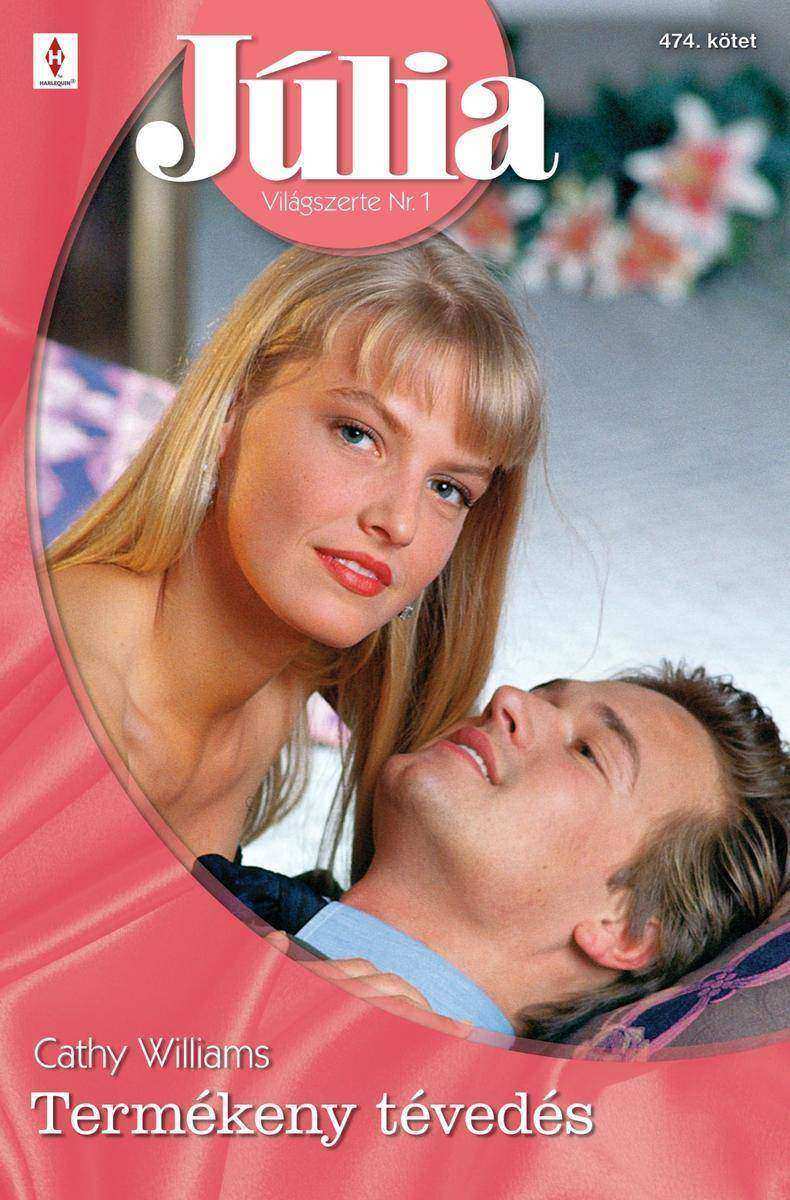
Júlia 474. (Termékeny tévedés)
¥18.74
Júlia 474. (Termékeny tévedés)
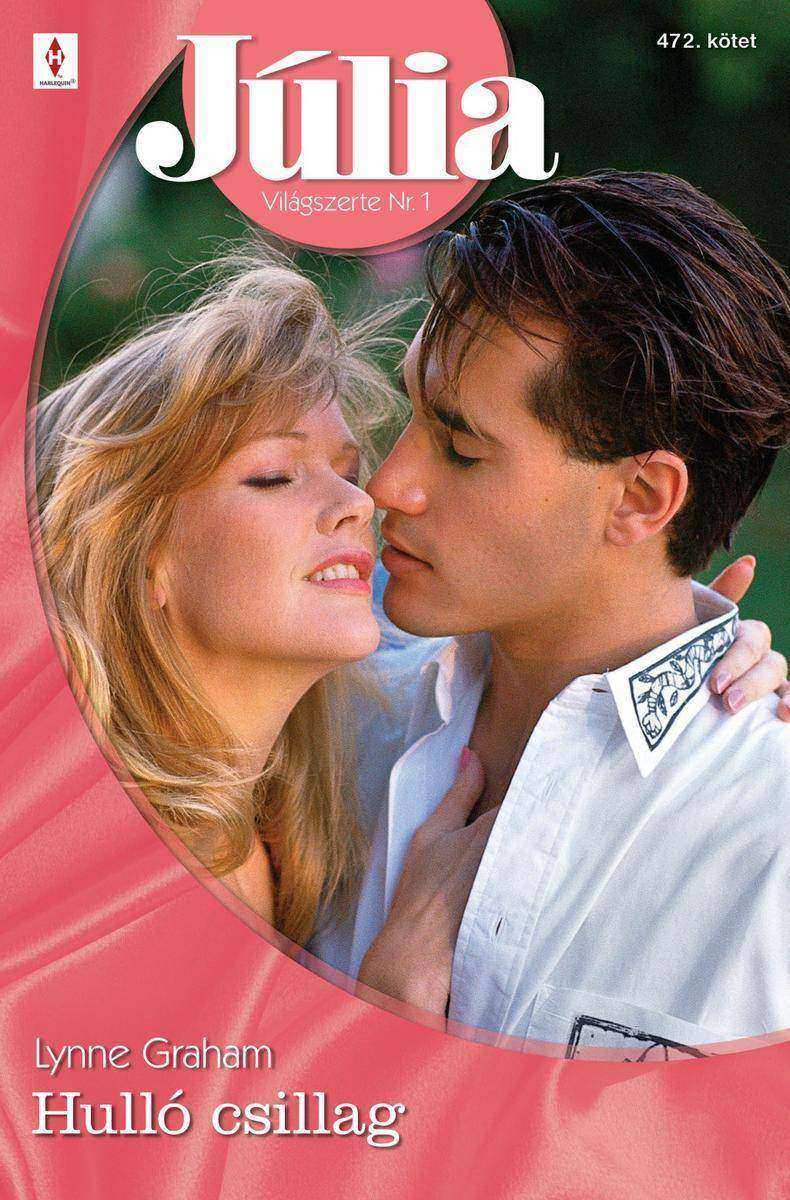
Júlia 472. (Hulló csillag)
¥18.74
Júlia 472. (Hulló csillag)

Romana 461. (Becsületbeli ügy)
¥18.74
Romana 461. (Becsületbeli ügy)

Tiffany 250. (Hiszi a piszi!)
¥18.74
Tiffany 250. (Hiszi a piszi!)

Romana 452. (Végy feleségül)
¥18.74
Romana 452. (Végy feleségül)

Romana kül?nszám 39. k?tet (Texasi legenda)
¥18.74
Romana kül?nszám 39. k?tet (Texasi legenda)
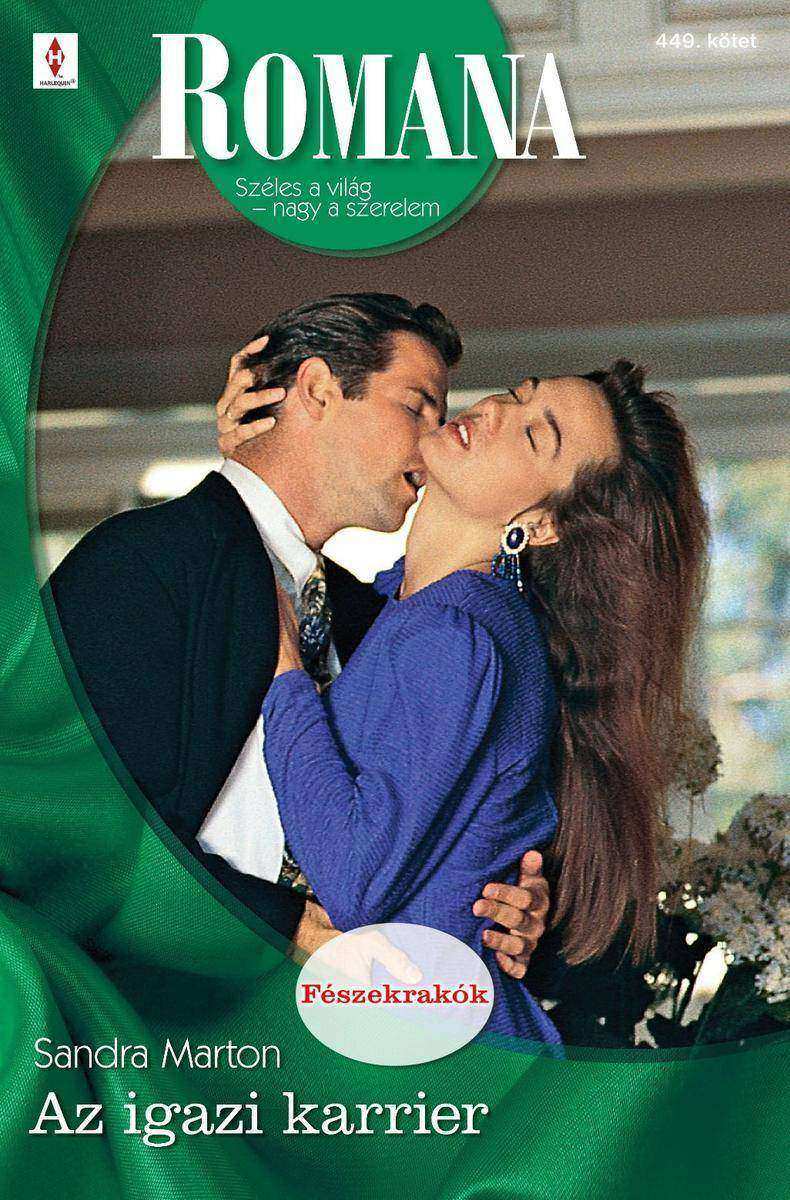
Romana 449. (Az igazi karrier)
¥18.74
Romana 449. (Az igazi karrier)

Tiffany 246. (Határsáv)
¥18.74
Tiffany 246. (Határsáv)
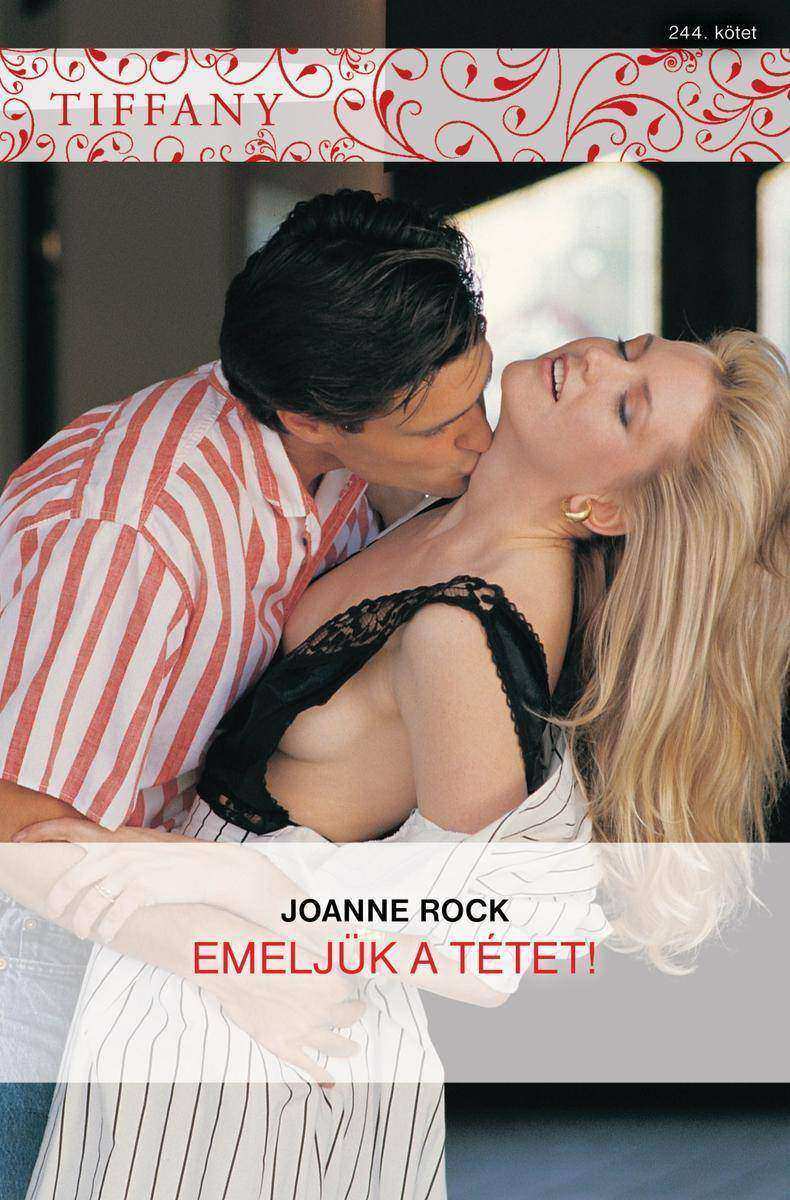
Tiffany 244. (Emeljük a tétet!)
¥18.74
Tiffany 244. (Emeljük a tétet!)

Romana 444. (Betelt a pohár!)
¥18.74
Romana 444. (Betelt a pohár!)
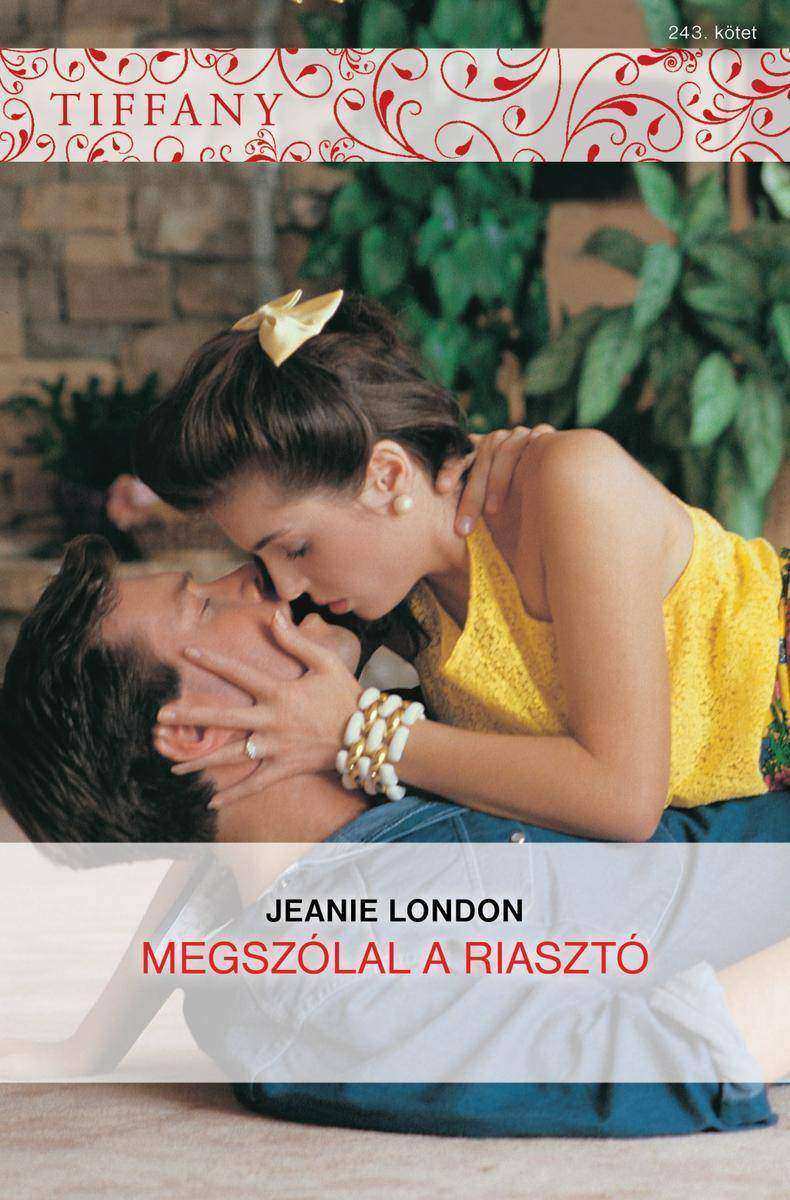
Tiffany 243. (Megszólal a riasztó)
¥18.74
Tiffany 243. (Megszólal a riasztó)
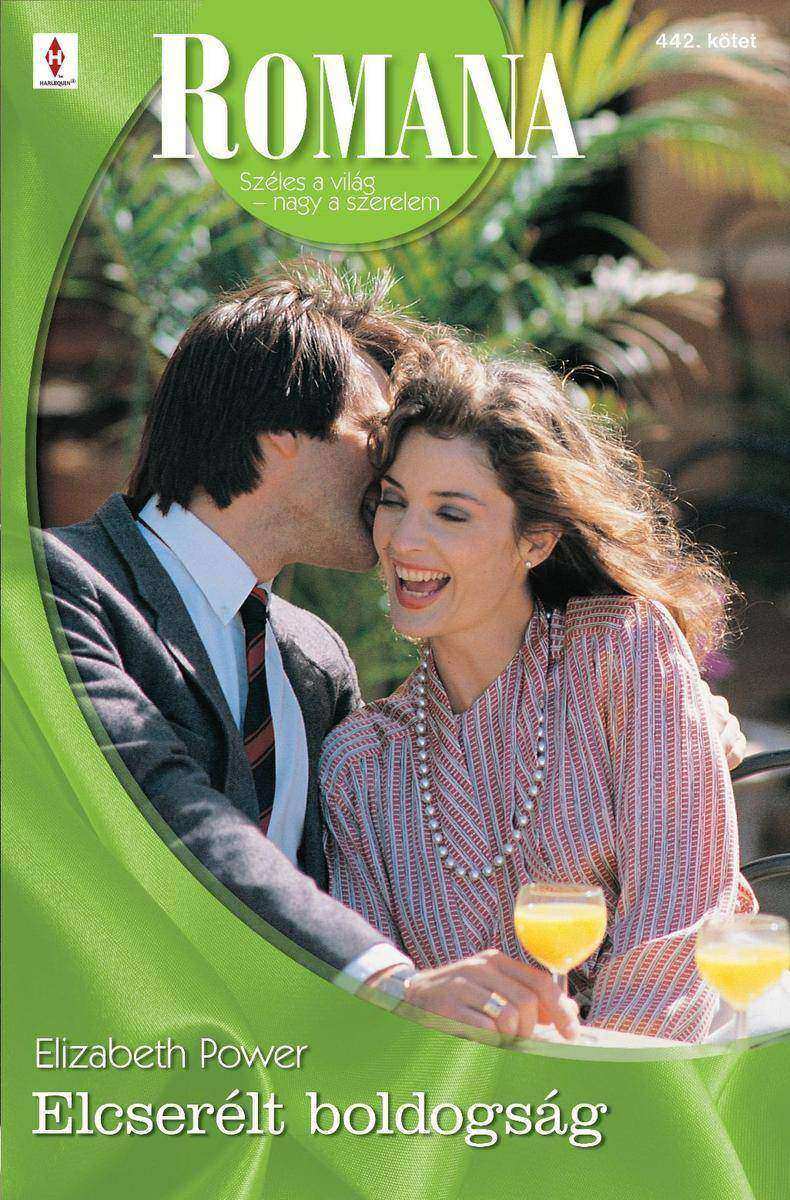
Romana 442. (Elcserélt boldogság)
¥18.74
Romana 442. (Elcserélt boldogság)
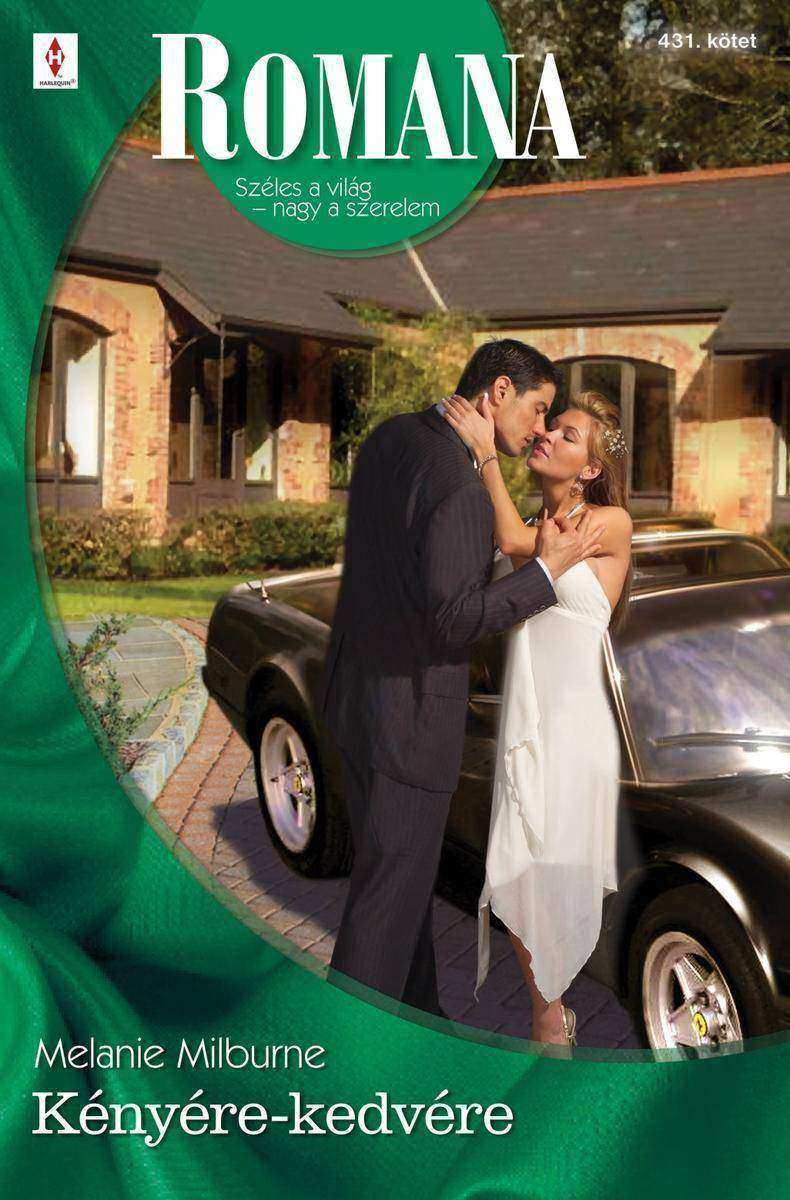
Romana 431. (Kényére-kedvére)
¥18.74
Romana 431. (Kényére-kedvére)
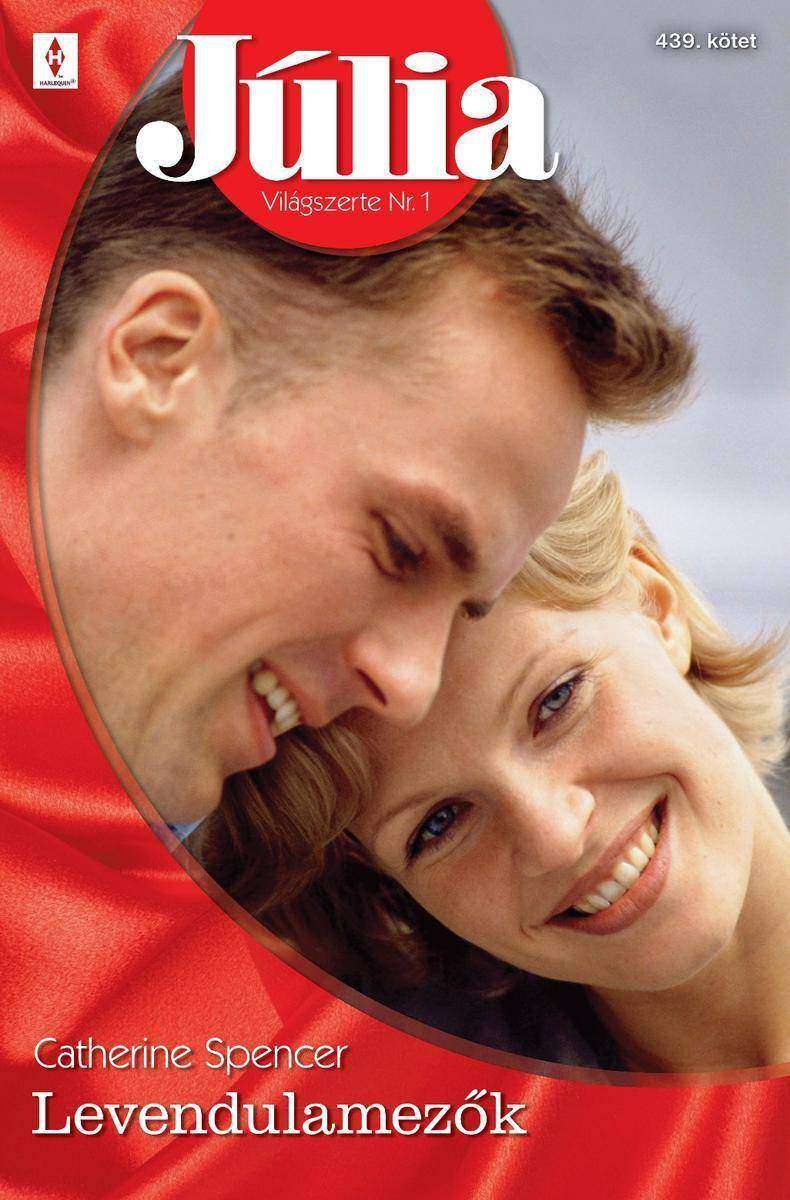
Júlia 439. (Levendulamez?k)
¥18.74
Júlia 439. (Levendulamez?k)

Az id?gép
¥18.74
Az id?gép
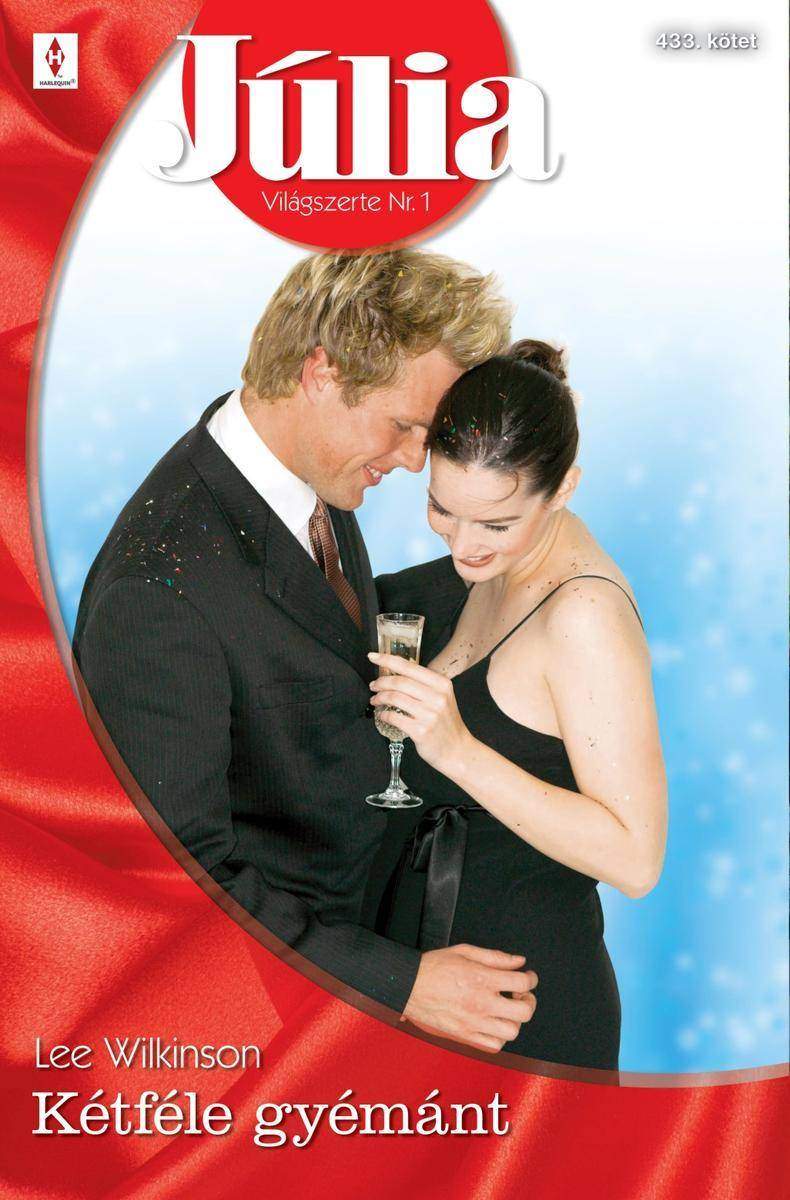
Júlia 433. (Kétféle gyémánt)
¥18.74
Júlia 433. (Kétféle gyémánt)

Tiffany 242. (Kulcskérdés)
¥18.74
Tiffany 242. (Kulcskérdés)

Romana 439. (Nevel?n?ül veszlek)
¥18.74
Romana 439. (Nevel?n?ül veszlek)
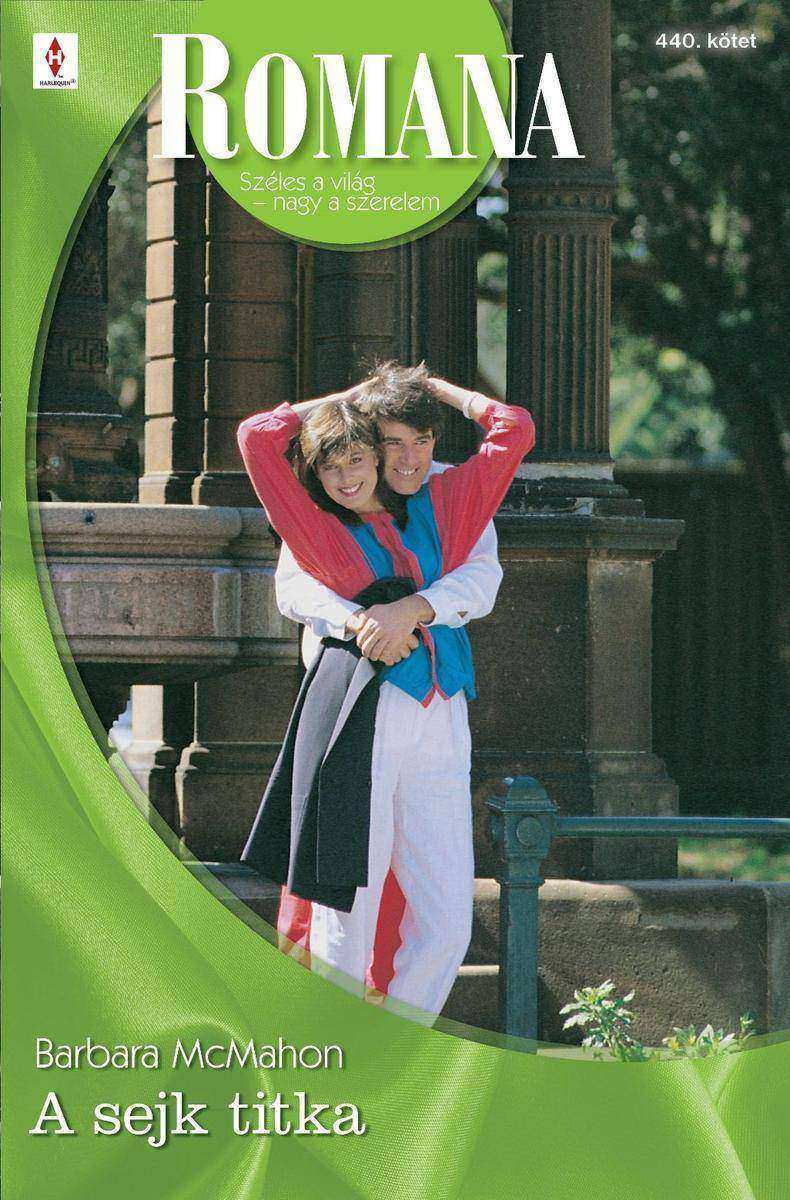
Romana 440. (A sejk titka)
¥18.74
Romana 440. (A sejk titka)

Júlia 443. (Fejedelmi hitves)
¥18.74
Júlia 443. (Fejedelmi hitves)

Tiffany 238. (Szívkirály)
¥18.74
Tiffany 238. (Szívkirály)




 购物车
购物车 个人中心
个人中心



